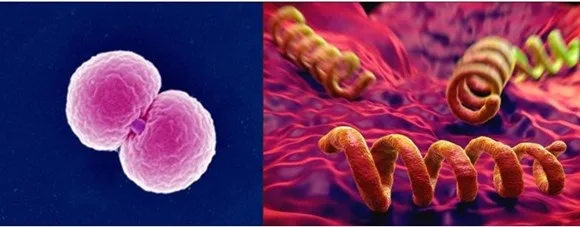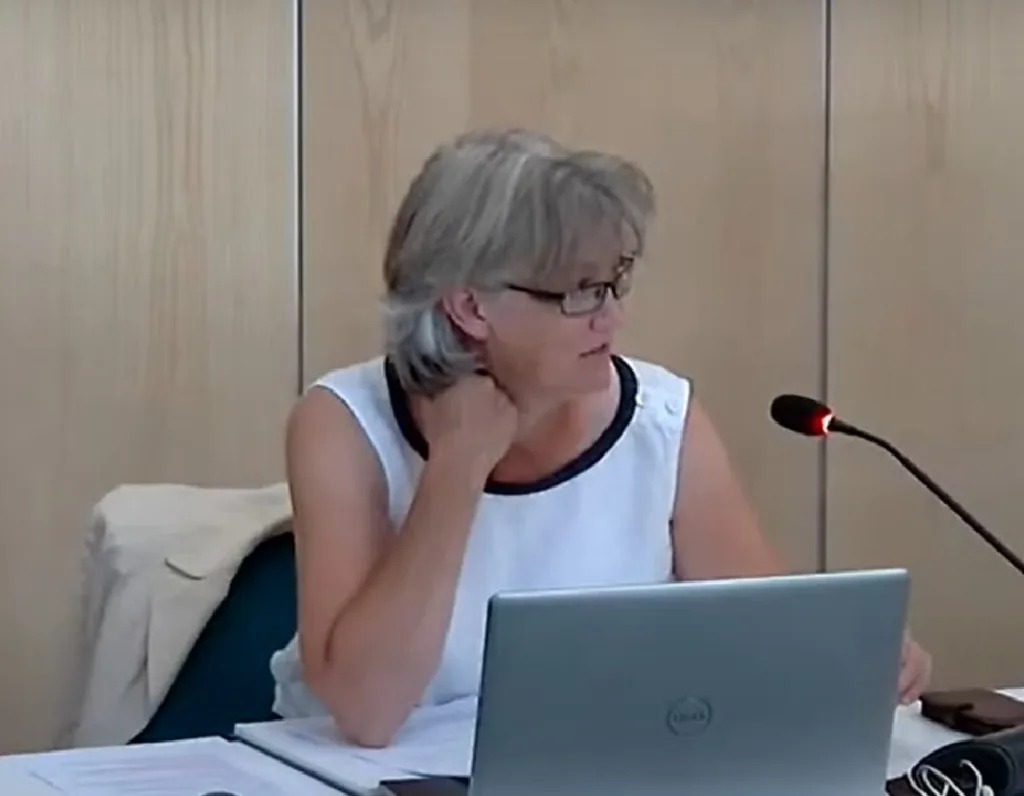New data from UK Health Security Agency (UKHSA) show there were around 29,537 cases of sexually transmitted infections diagnosed in 2022 in the East of England
Diagnoses of both gonorrhoea and syphilis have increased, with rises of 58% and 18% respectively between 2021 and 2022
Chlamydia remained the most diagnosed STI in 2022 with 15,442 diagnoses
The UKSHA says the figures are a stark reminder that everyone can reduce risk of STIs by using condoms with new and casual partners, and should be screened for STIs regularly
The latest figures show that people aged 15-24 remain the most likely to be diagnosed with STIs
The new report by UKHSA shows numbers of new STI diagnoses in 2022 in the East of England increased by 15% in comparison with 2021 (from 25,659 to 29,537).
However, this is a 20% decline compared with the number seen 5 years ago (36,867 in 2018 to 29,537 in 2022 – Link to data in Notes).
The rise in STIs follows a decline in diagnoses during the coronavirus pandemic because of disruption to sexual health services and changes in behaviour which may have reduced transmission.
Consultant in Health Protection and Sexual Health Lead at UKHSA East, Sultan Salimee, said: “The rise in sexually transmitted infections is concerning.
“STIs can pose serious consequences to health – both your own and that of current and future sexual partners. No matter what age you are, or what type of relationship you are in, it’s important to look after your sexual health.
“If you have sex with a new or casual partner, make sure you use condoms and get regularly tested. Testing is free and confidential.”
Infection rates for syphilis and gonorrhoea are of particular concern.
Diagnoses of gonorrhoea rose by 58% between 2021 (2,851) and 2022 (4,494) and 31% over the past 5 years (3,439 in 2018 to 4,494 in 2022).
This trend is worrying given the emergence of extensively-drug resistant gonorrhoea. UKHSA actively monitors and investigates the spread of antibiotic resistance in gonorrhoea and potential treatment failures to help reduce the spread of resistance.
Cases of syphilis increased by 18% between 2021 (440) and 2022 (517) with a 76% increase over the past 5 years (294 in 2018 to 517 in 2022). UKHSA has worked with stakeholders to develop a syphilis action plan to tackle this rise.
Key aims of this action plan include increasing testing frequency of high-risk gay, bisexual, and other men who have sex with men (herein known as *GBMSM); improving partner notification; and maintaining high rates of antenatal screening.
Where gender and sexual orientation are known GBMSM accounted for approximately 40% of gonorrhoea cases and 70% of syphilis cases.
Across all new STIs, young people are disproportionately affected with 46% of new STIs diagnosed in those aged 15- to 24-year-olds.
Often, individuals with STIs may not realise they have one because these infections are often symptomless.
This means people can easily contract an STI or pass one on without knowing it and should take up the offer of STI screening, regardless of whether they show symptoms, if they have had sex with a new or casual partner without using a condom.
Those at risk of STIs can access services through sexual health clinics.
Many clinics offer online testing, which means people can order tests using clinics’ websites, take them in the privacy of their own home, send kits off to a laboratory for testing and receive results either via text, phone call or post. UKHSA recommends regular HIV and STI testing for those with new or casual partners. Local STI services can be found online via NHS.UK.
* GBMSM – Gay, bisexual and other men-who-have-sex-with-men
This latest data is available on Gov.uk
STIs can be successfully prevented by:
- using male or female condoms every time you have vaginal and anal sex
- using a condom to cover the penis if you have oral sex
- not sharing sex toys, or washing them and covering them with a new condom before anyone else uses them
Find out more about the signs and symptoms of STIs on NHS.UK
An increasing proportion of tests are provided through eSexual Health Services (eSHSs; sexual health services provided online) which enable access to testing for those who are unable or who prefer not to attend a clinic in person.
To support sexual health services and work to reduce STI transmission in communities UKHSA is:
- developed a syphilis action plan to address the increase in cases
- launched a sexual health campaign called Protect Against STIs, which targets 16 to 24 year olds to promote condom usage as they experience the highest STI diagnosis rates
- provide local authorities with data on local service activity – including clinical attendance, testing rates, and epidemiology (whether STIs are increasing or decreasing at a low level) – and an epidemiology report at the end of each year providing key information for commissioners
- respond to outbreaks, incidents and epidemics to help reduce the spread of infections as part of our public health function
- provide advice and support the development of national guidelines, for example through the advisory group for the NICE guideline for STI control.





















